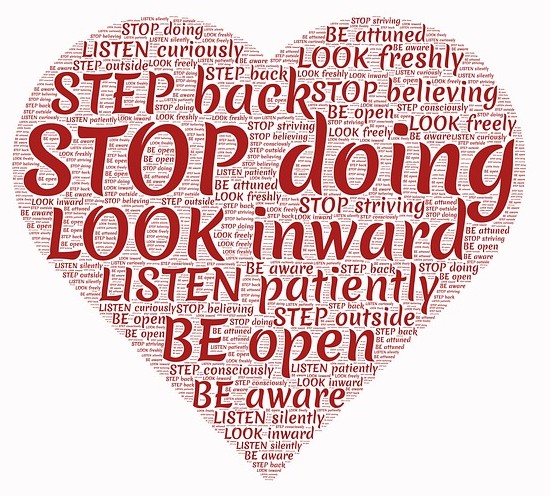Nurturing Compassion for a Better Tomorrow (#1000speak)
Feb 20, 2015
3256 Views
Where does compassion begin? If charity begins at home, shouldn’t compassion begin with ourselves? How can we be compassionate to others, if we are not compassionate to ourselves?
Being a genetics company, our team members were keen to learn about the role of nature in developing compassion. They found an interesting scholarly article [1], which claims that a genetic variant of a marker of oxytocin gene receptor can make people more compassionate. Incidentally, oxytocin is the hormone that is found in abundance in women during pregnancy and lactation.
The role of nurture has been known from time immemorial. That we learn compassion during childhood needs no proof. Most of us learn about being compassionate from various sources. Do we pass on this knowledge to our future generations? If yes, why do we see increased instances of remarkable lack of compassion? There is probably a gap between teaching and learning. Can live demonstrations and practice help? After all, we all learn from examples.
A good place to start would be being compassionate to ourselves. Consider these:
In our quest for excellence, we neglect our bodies’ needs.
In moments of “good times”, we fill our bodies with toxins.
In procrastinating fitness, we clog our arteries.
In our impatience to fill more than 24 hours in a day, we neglect sleep.
In the rats’ race to success, we neglect our values.
In our attempts to improve standards of living, we neglect our families.
In our selectively tuning out the “bad” around us, we neglect our fellowmen.
In our comfortable lifestyles, we neglect the environment.
And their consequences: ill health, cancers, heart diseases, mental problems, increased crime rates, neglected children, anarchy, environmental disorders.
Clearly, the onus for a healthier society, nation, and planet is on us. If we nurture compassion today, the future generations will be naturally compassionate. Therefore, let us take the first steps toward compassion today. Let us aim for a healthy body and home. The rest follows.

Works Cited
1. Kogan, Aleksandr, et al. “Thin-slicing study of the oxytocin receptor (OXTR) gene and the evaluation and expression of the prosocial disposition.”Proceedings of the National Academy of Sciences 108.48 (2011): 19189-19192.


